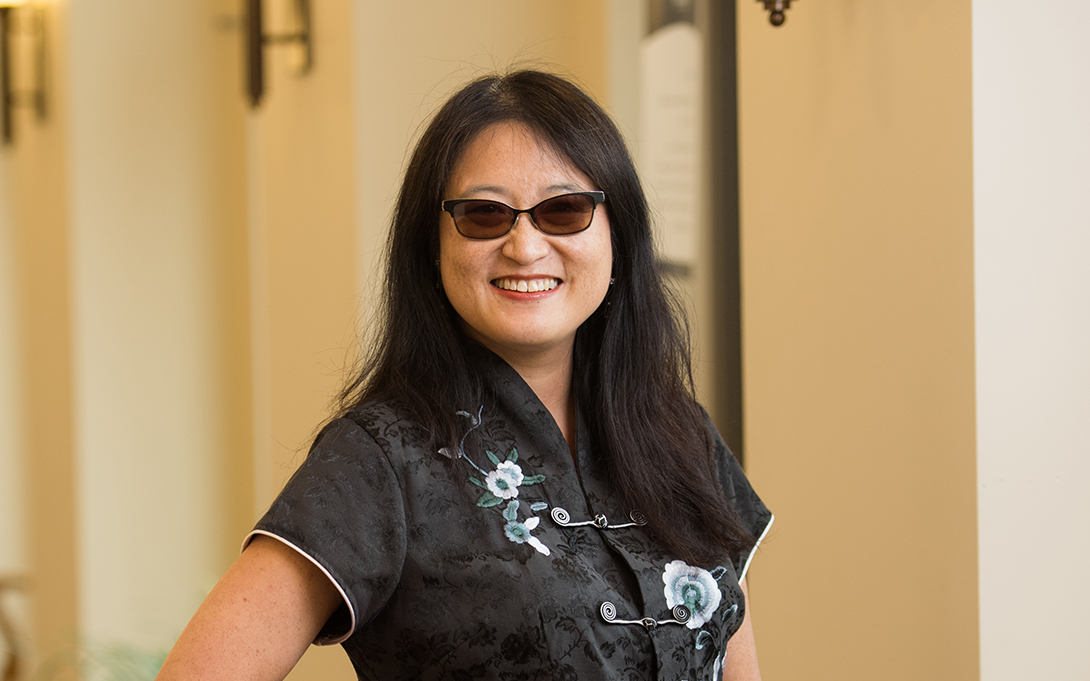
The Supreme Court ruled June 18 that the Trump administration could not shut down the Deferred Action for Childhood Arrivals (DACA) program. The ruling was 5-4, with the court's four liberal justices agreeing with Chief Justice John Roberts and the four more conservative justices in dissent. The administration may not proceed with its plan to end the program protecting about 700,000 young immigrants known as Dreamers from deportation.
Ford School professor of public policy, Ann Lin, has worked on immigration policies and reform for years, and said, "The Supreme Court was able to save DACA - if only temporarily - because the Trump Administration's DOJ and DHS were so eager to end the program that they cut corners to do so. In its decision the Court reiterates an important principle: what politicians condemn as "red tape" and "burdensome administrative procedure" has an important democratic purpose. When governments act instead in "arbitrary and capricious" ways, the people have been cheated by their government and the courts have an obligation to stop them. We do not elect kings who can do whatever they want as long as they haven't removed by an election. The law is higher than the president."
"The hundreds of thousands of young people who today can continue to work and live in the United States can draw a breath of relief today. But then we immediately must get to work to keep them safe. The Supreme Court's decision gives opponents a set of instructions on how to end DACA legally. The only way to keep that blueprint from being used is for Congress to make DACA the law of the land," she commented.
Lin made video coments which can be seen here.
This news item was prepared by Michigan News.
Ann Chih Lin is Associate Professor of Public Policy in the Gerald R. Ford School of Public Policy at the University of Michigan, Ann Arbor. She received her Ph.D. in political science from the University of Chicago in 1994 and was the 1992-93 Robert W. Hartley Fellow in Governmental Studies at The Brookings Institution in Washington, D.C. Prior to receiving her Ph.D., Dr. Lin was a social worker at Covenant House in New York City, and a member of the Covenant House Faith Community. At Michigan, Dr. Lin teaches courses on public policy implementation, gender and politics, qualitative research methods, and immigration.